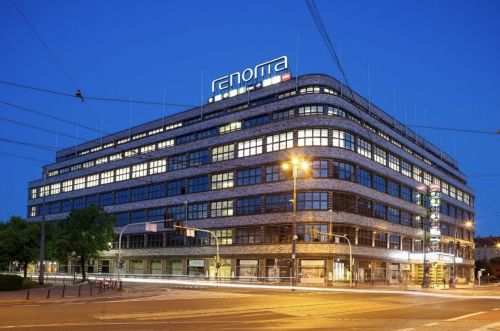Alex Hayes, Eurobuild CEE: How has Axi Immo evolved since it was founded and how has the market changed during that time?
Renata Osiecka, the managing partner of Axi Immo: Looking back at the growth of Axi Immo over the last 15 years, starting the firm in 2009 was one of the best decisions of my career. The commercial real estate market, similar to many other sectors, was going through a transformation following the financial crisis triggered by the collapse of Lehman Brothers. Despite the numerous challenges I identified, there was a unique opportunity at that point to build something new and durable. I believed that the Polish market would come back to life and companies would start to search for opportunities to adjust to the new situation in the market. It was a time when investors were focusing primarily on large shopping centres and offices. Warehouses accounted for a small proportion of transaction volumes. In time, they were to gain the reputation of one of the most attractive


























































